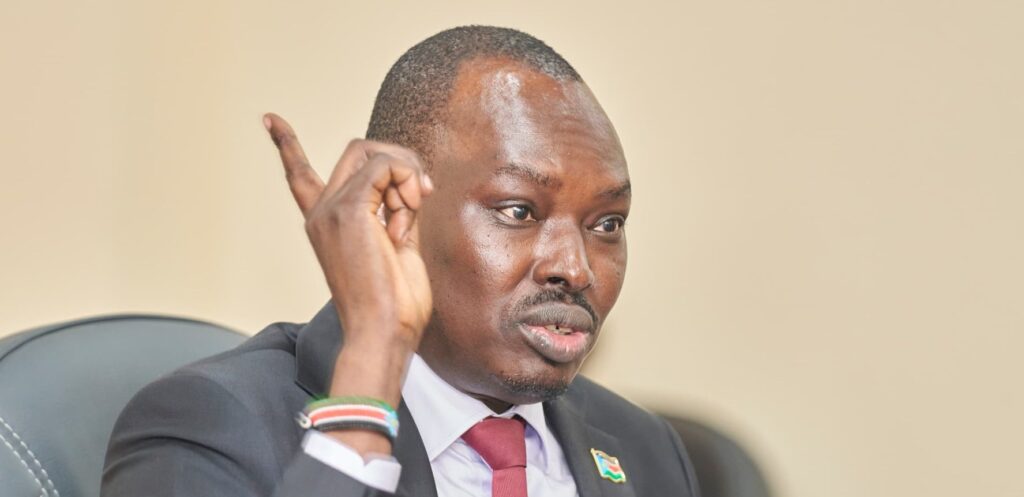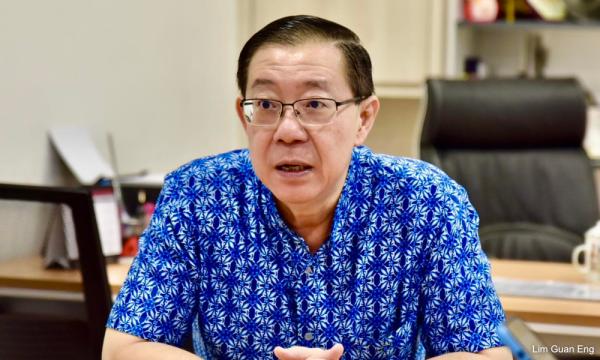GST Reintroduction on Hold: Finance Ministry Cites Low Income Levels

GST Reintroduction Put on Ice Amidst Economic Concerns
The possibility of Malaysia reintroducing the Goods and Services Tax (GST) has been effectively ruled out for the foreseeable future, according to the Finance Ministry. This confirmation follows earlier statements from Prime Minister Datuk Seri Anwar Ibrahim made in June, emphasizing the government’s sensitivity to the current economic climate and the financial burdens faced by ordinary citizens.
The Ministry's decision stems from a careful assessment of the nation’s economic landscape. A key factor influencing this stance is the prevailing concern over the income levels of many Malaysians. Reintroducing GST at this juncture, officials argue, could place an undue strain on household budgets and potentially stifle economic growth.
Why the Hesitation on GST?
GST, a consumption-based tax, was initially implemented in Malaysia in 2015 but was subsequently abolished in 2018. The previous implementation faced criticism for its perceived impact on lower-income groups and its complexity for small businesses. The government is acutely aware of these past challenges and is determined to avoid repeating them.
“We are mindful of the concerns raised previously regarding GST, particularly its potential impact on the cost of living,” stated a spokesperson from the Finance Ministry. “Our priority is to ensure economic stability and protect the financial well-being of our people. Introducing GST now, when many are still struggling with the after-effects of the pandemic and rising inflation, would be counterproductive.”
Focus on Existing Revenue Streams
Instead of pursuing GST, the government is focusing on strengthening existing revenue streams and improving tax collection efficiency. Efforts are underway to broaden the tax base, crack down on tax evasion, and ensure that high-income earners and corporations contribute their fair share. This approach is seen as a more sustainable and equitable way to boost government revenue without placing an additional burden on the majority of the population.
Looking Ahead: Economic Conditions Will Dictate Future Decisions
While the reintroduction of GST is not currently on the table, the Finance Ministry has not completely ruled out the possibility in the future. Any decision to revisit GST will be contingent on a significant improvement in the overall economic situation and a demonstrable increase in disposable incomes for Malaysians. The government remains committed to a data-driven approach, closely monitoring economic indicators and consulting with stakeholders before making any major policy changes.
The current stance reflects a pragmatic approach to economic policy, prioritizing the needs of the people and ensuring that any tax reforms are implemented in a responsible and equitable manner. As Malaysia navigates the challenges of a global economy, the government’s focus remains on fostering sustainable growth and improving the quality of life for all citizens.





